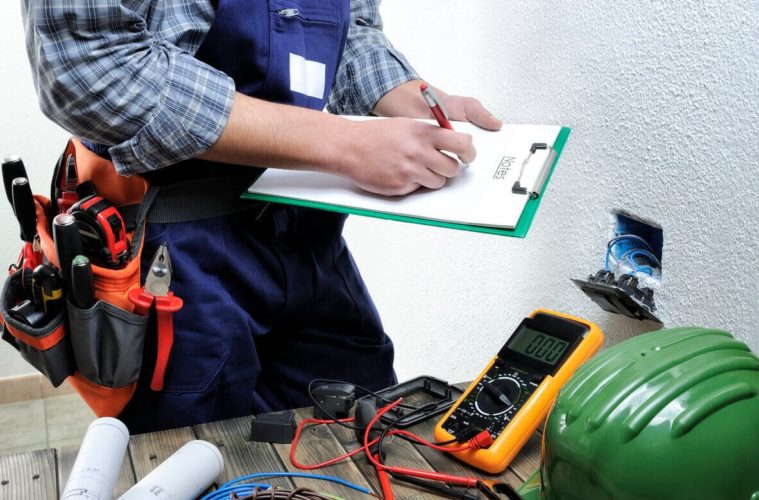Electrical repair services are needed for every household, whether you have a small house or a large one. You can never be too careful when it comes to your home’s wiring system because they are responsible for powering all your fixtures and appliances.
It is always important to check your home’s electricity before you turn on the power. If there are any problems, it is best to contact an electrical contractor as soon as possible. You can also take some precautions by checking for tripped breakers and loose wiring every month or so. Having a professional Electrician North Lakes fix things can save you time, money, and frustration in the long run!
Electrical Repair That Electricians Offer
Electrical repair is often difficult to know when an electrical problem needs to be taken care of by a professional, but it can be dangerous to handle it independently. Electrical repairs are held in many different ways, depending on what the problem is. For example, if you have a power outage or lose power entirely, then emergency service may need to come out for something like this, while if there’s just one light bulb that went out, you might be able to fix it yourself with some new bulbs and wire connectors.
What Is A Circuit Breaker, And What Does It Do
A circuit breaker is a protective device that interrupts power to an electrical system when there is a problem with the current. Circuit breakers are usually installed in panels and often have handles or buttons on them for easy access. When a circuit breaker trips, it will stop the flow of electricity to the area of concern so that no further damage can be done. Some people may confuse a circuit breaker with a fuse, but they are not the same! Fuses protect wires from too much voltage by melting and stopping electricity from flowing through them, while circuit breakers only protect against overcurrents, leading to fires or other damages. To reset your circuit breaker, you flip it back up again after flipping it down!

When Should I Call An Electrician For Help With My Electrical Problem?
There are many reasons why people may need to call an electrician. Maybe you’re renovating your kitchen, and there is no hot water, or perhaps the breaker keeps tripping in your basement. Whatever the reason, you must hire a licensed electrician with experience for any electrical work that needs to be done. Here are some of the common electrical problems homeowners face and how to fix them!
The following blog post provides tips on when you should call for professional help. Several scenarios are given where hiring an electrician may be needed, including hot water but no power or your breaker keeps tripping in the basement. It also includes what kinds of things they will do depending on what issue is at hand.
How To Avoid Getting Electrocuted In Your Home Or Office Building
- Make sure your power outlets are not loose and can’t be wiggled.
- If you have a phone charger plugged in, make sure it is on a table or desk and not dangling from the wall.
- Avoid wearing any metal jewelry when using appliances with electricity.
- Don’t use extension cords to plug in electronics – they can overheat and cause fires.
- When possible, keep all electrical devices at least 3 feet away from sinks or other water sources.
- Unplug appliances that aren’t being used for an extended period
Tips On How To Keep Your Family Safe From Electrical Hazards Around The House
- Install a ground fault circuit interrupter (GFCI) to protect your home from electrical shocks
- Replace any frayed or worn cords with new, high-quality replacements
- Plug electronics into surge protectors instead of directly into the wall outlet for added protection
- Keep children away from outlets and extension cords – make sure they’re not climbing on furniture near them, either.
- Avoid using power strips as they can lead to increased fire hazards in the house.
- Be aware that some appliances may have an “off” switch that is located behind them or underneath them – be sure to turn off all devices before leaving the house.
Most Common Causes Of Electrical Problems
- Disconnected or faulty power cord
- Overloaded power strip, circuit breaker, or fuse box
- Damaged electrical wiring
- Dirty or corroded electric contacts on the plug and outlet
- The outlet is not grounded correctly.
- Ground fault interrupter (GFI) is tripped by water in the receptacle, or nearby receptacles are overloaded with too many appliances plugged into them.







